Big muscles. Being virile. Staying power. All these are related to a healthy testosterone level. The big T is extremely important to male development - it helps to develop the penis, testes, voice, facial hair, and pubic hair at puberty. It also increases muscle size and strength, bone strength, increases sex drive, and sperm production. However, imagining it as just a dude thing that gets you swole and can make you aggressive is pretty much a myth, as it’s not just made by men. Women also produce testosterone in their ovaries and the adrenal glands and need certain levels for bone strength, ovarian health, and libido.
However, much like most hormones in the body, when thrown out of whack, all sorts of problems can emerge. Men who lack the correct level of testosterone can develop other symptoms such as low energy, sexual dysfunction, depression, mental fogginess, and overall weakness. It is an important part of men’s well-being to keep this hormone at an even keel.
According to MedPage, testosterone levels typically decline as a man ages. However, the rate at which this happens varies depending on the individual. Those who age normally may have a different level of testosterone compared to those who those with deficiencies due to medical-related reasons. Some who have an increased androgen deficiency due to illness can have more trouble with their hormone levels. These can be signs of late-onset hypogonadism in older men. Some warning signs of this chronic disease associated with decreased testosterone can include low libido, height loss, energy depletion, anemia, and weight gain.
To kick start your hormones naturally, Clean Eating Mag suggests changing your diet to include testosterone boosting foods. Spinach is rich in magnesium and shellfish have loads of zinc both of which will be beneficial for those hoping to boost their T levels. Collard greens and egg yolks, which are high in vitamin K, and tuna or other fish with lots of omega-3s have anti-inflammatory attributes which will help the cause. Pumpkin seeds aid in urinary function and pomegranate can lower prostate-specific antigens. Plus, the National Institute of Health, showed that preliminary studies found a link between ginger consumption and enhanced testosterone production.
If you do have low levels of testosterone and changing your diet still isn’t cutting it, you are in luck. Pumping iron can raise your levels, according to Web MD. Todd Schroeder, an expert in hormones and exercise at the University of Southern California, claims that testosterone levels are boosted from 15 minutes to an hour after exercise. However, your fitness routine has to be a regular activity to see any long term health benefits.
There are certain factors that depend on how much a workout will alter your testosterone level. If you are overweight, an exercise routine can help you shed pounds, which will ultimately improve your T levels. However, age factors in as well. The older you are, the more your T will benefit from getting your sweat on. The timing of a workout also plays into how much you can affect your testosterone. For men, pumping iron in the evening boosts your hormone levels better than cardio in the a.m., while resistance training can temporarily increase testosterone for women, according to Healthline. HIIT workouts are a great boost for men as well but has been shown to reduce testosterone in women according to a 2016 PLOS study. Those who are out of shape will get an initial bigger boost in hormone levels but will taper off as the body adjusts to the new regimen. If you are looking for the best workout moves to gain the most T for your buck, Schroeder suggests doing a full body work out with short rest periods and heavier weights rather than more reps with lighter weights.
According to endocrinologist Scott Issacs of Emory University, those who have really low testosterone may not be able to counteract low levels with exercise alone. Luckily there are other factors that can also increase testosterone, according to Healthline, including a balanced diet, lowering stress, upping your vitamin D (whether by supplement or sunshine), increasing your zinc and vitamin B, adding natural herbs like ashwagandha, and avoiding harmful chemicals like BPA which are found in bottles and cans. Getting a good night’s sleep will keep your levels from dipping, the suggestion is around seven to ten hours.
If exercise, diet, and clean living aren’t cutting it and you need to raise your levels (most usually for medical purposes) doctors may use testosterone replacement therapy.


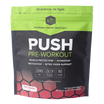
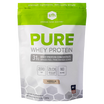
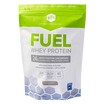
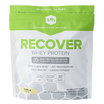
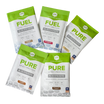
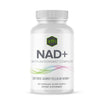
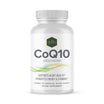
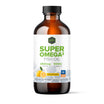
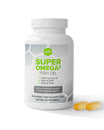
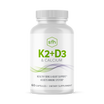
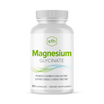
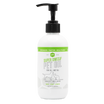
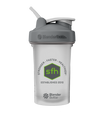




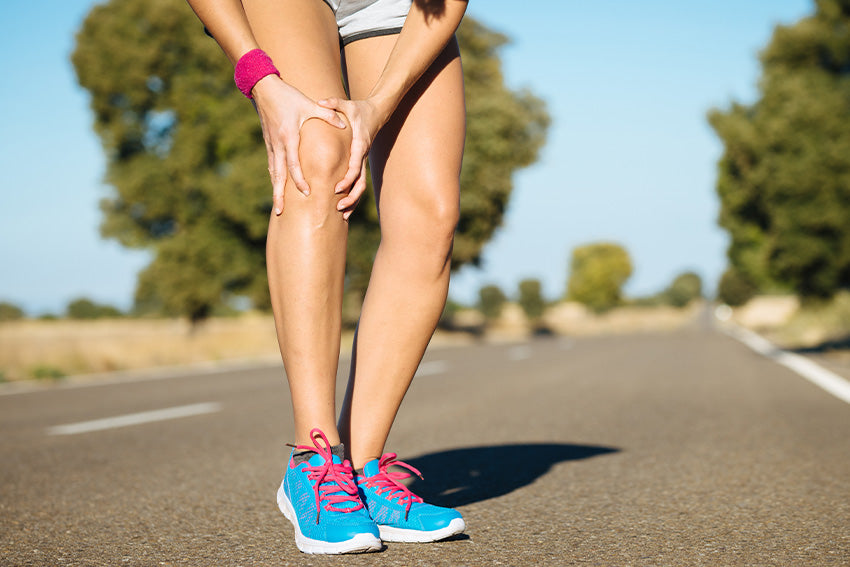

Leave a comment
This site is protected by hCaptcha and the hCaptcha Privacy Policy and Terms of Service apply.